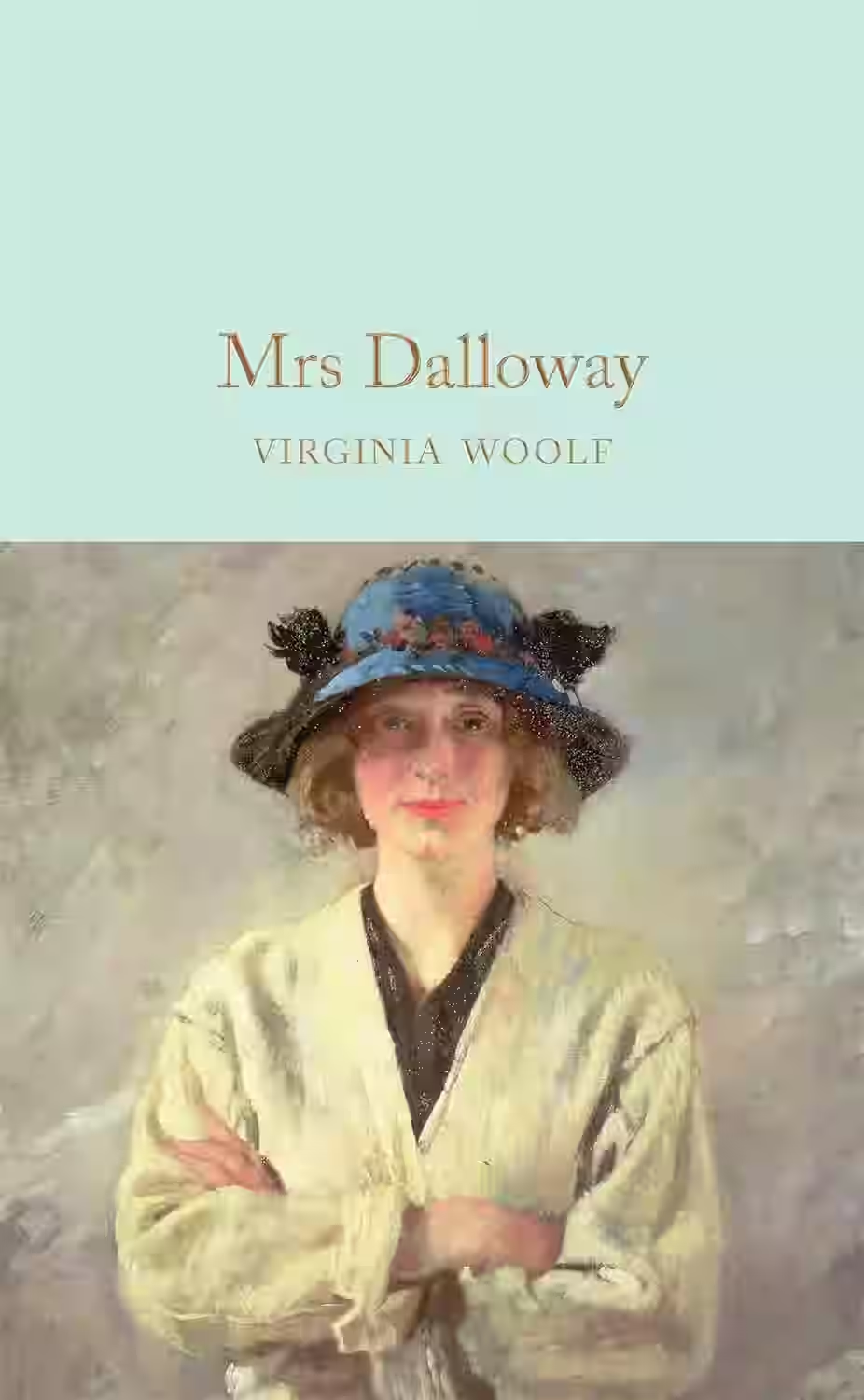Virginia Woolf
An English novelist, essayist, and pioneer of modernist literature. A prominent figure of the Bloomsbury Group, she revolutionized narrative techniques with her innovative use of stream of consciousness and internal monologue. Her celebrated novels, including Mrs Dalloway, To the Lighthouse, and A Room of One's Own, explored themes of gender, identity, societal constraints, and the subjective nature of reality. Woolf's profound psychological insights and lyrical prose cemented her legacy as a literary icon.

The serene and maternal Mrs. Ramsay, the tragic yet absurd Mr. Ramsay, and their children and assorted guests are on holiday on the Isle of Skye. From the seemingly trivial postponement of a visit to a nearby lighthouse, Woolf constructs a remarkable, moving examination of the complex tensions and allegiances of family life and the conflict between men and women. As time winds its way through their lives, the Ramsays face, alone and simultaneously, the greatest of human challenges and its greatest triumph—the human capacity for change.

Spanning a single day in post-WWI London, Mrs. Dalloway follows Clarissa Dalloway as she prepares for a party, reflecting on her past, identity, and social roles. Woolf’s stream-of-consciousness narrative shifts seamlessly between characters, including a war-scarred veteran, exposing inner lives and existential concerns. It’s a lyrical meditation on time, memory, and the fragile fabric of human connection in a rapidly changing world.